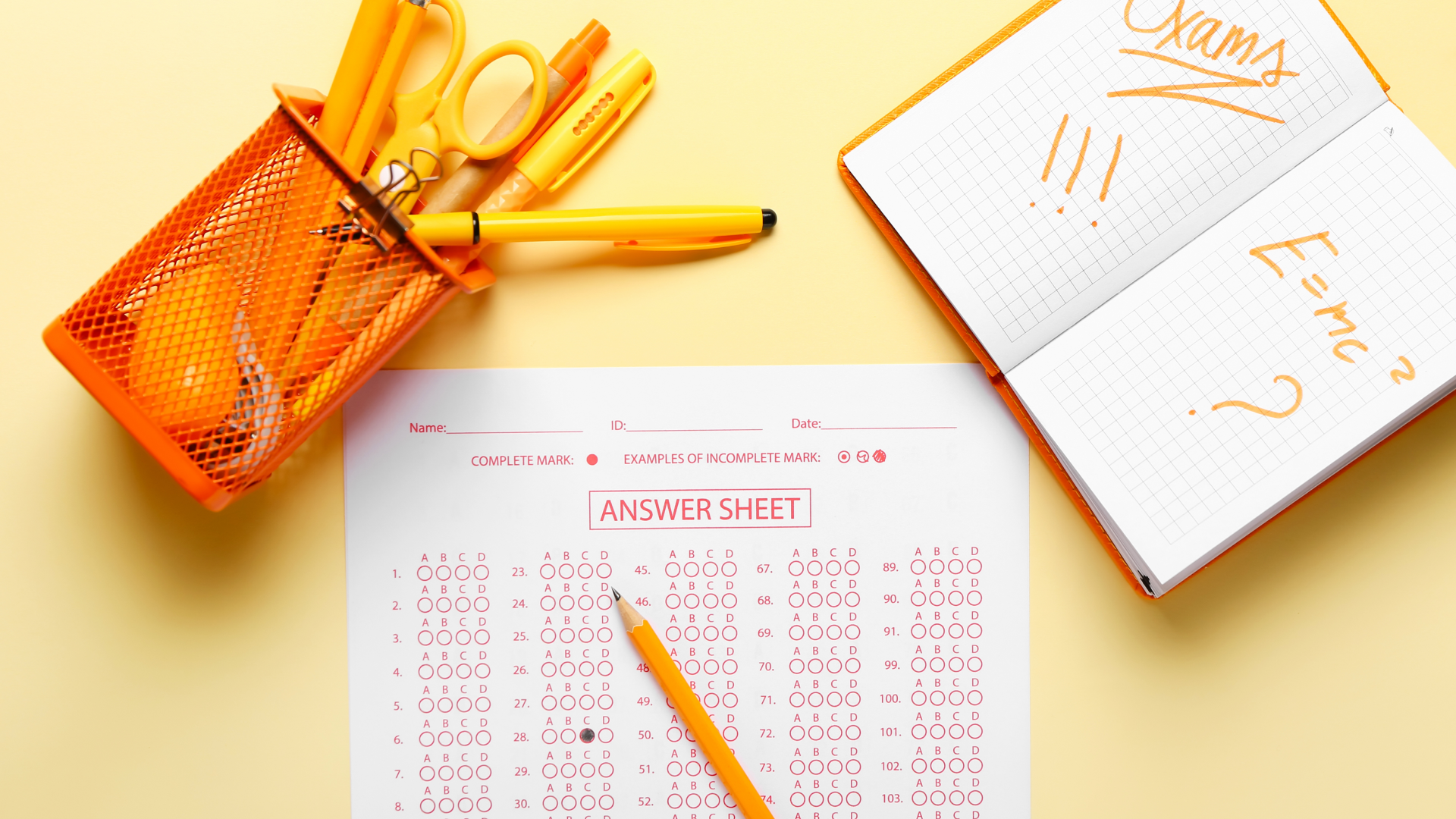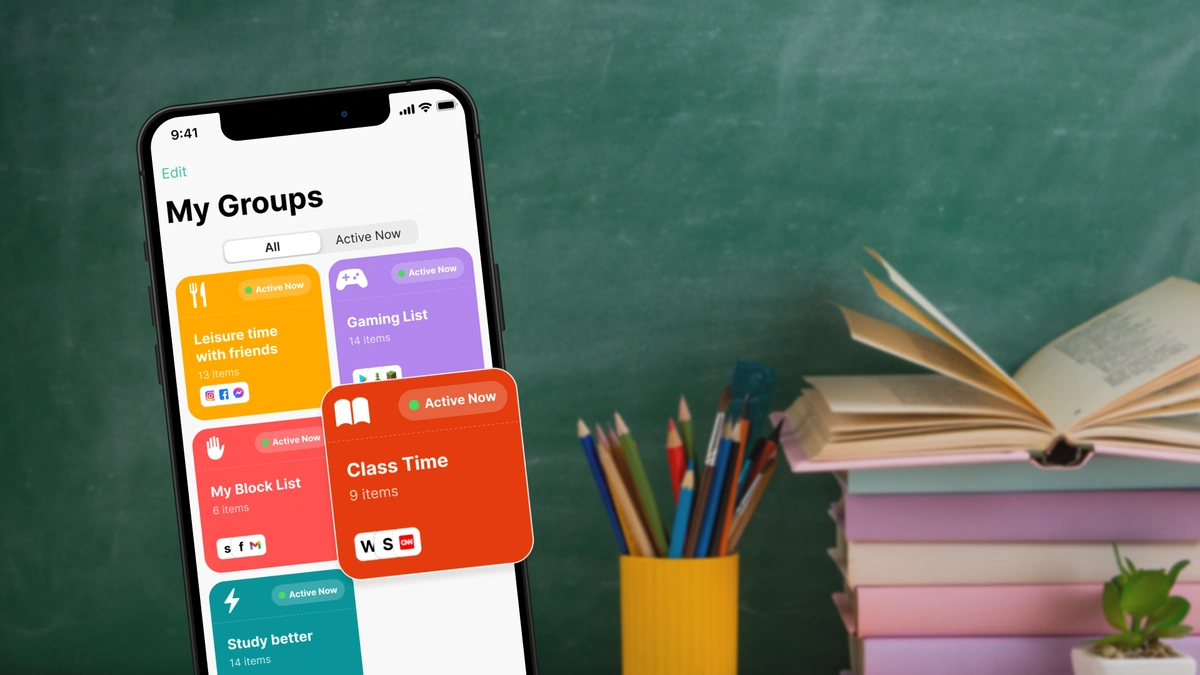For example, an action plan might look something like this;
- 10:00 am – 12:00 pm – Go over pages 1-30 in the English Literature book
- 12:00 pm – 12:15 pm – Snack break
- 12:15 pm – 13:00 pm – Highlight relevant materials and make notes
- 13:00 pm – 14:00 pm – Read through all your notes.
In addition, it has also been reported that the most effective studying happens in short, concentrated bursts, so making an action plan will ensure you don’t bite off more than you can chew and we’re also sure you’ll feel a great sense of accomplishment and satisfaction at the end of your study session, instead of feeling overwhelmed by all the stuff you have left to do.
2. Take Practice Tests
Chances are that by now, your teachers have given you plenty of practice questions, essay topics, and a variety of other materials to get your mind in test mode, and of course to provide you with examples to get you ready with what’s to come. Not only do practice questions and tests help you work through a semester’s worth of material, they also make you more familiar with the structure of the exam and ultimately reduce test anxiety. So what are you waiting for? Start answering those questions!
3. Stop Procrastinating
The opposite of focusing intensely is not being able to focus at all and while it’s been reported that devoting too much time to studying can lead to tiredness, splitting your revision sessions up too much can lead to ineffective learning. We understand that turning off all your social media accounts for weeks isn’t an option in this day and age, however, do consider using social media as a reward for revising.
With BlockSite’s ‘Work Mode’ you can split your revision sessions up and take breaks when you wish. While taking those breaks, feel free to check in on friends, look at your Instagram feed and catch up on your Facebook newsfeed for 5 minutes during your break. To top it off, you won’t have to worry about being on there for too long as after the time frame you selected on BlockSite is up, the sites will be blocked again – making sure you go straight back to revising. Simple.
This method of working follows the Pomodoro Technique and often helps to keep you on track and your mind fresh and sharp not to mention that you’ll absorb the materials you learn much better and be way more efficient with your time.




